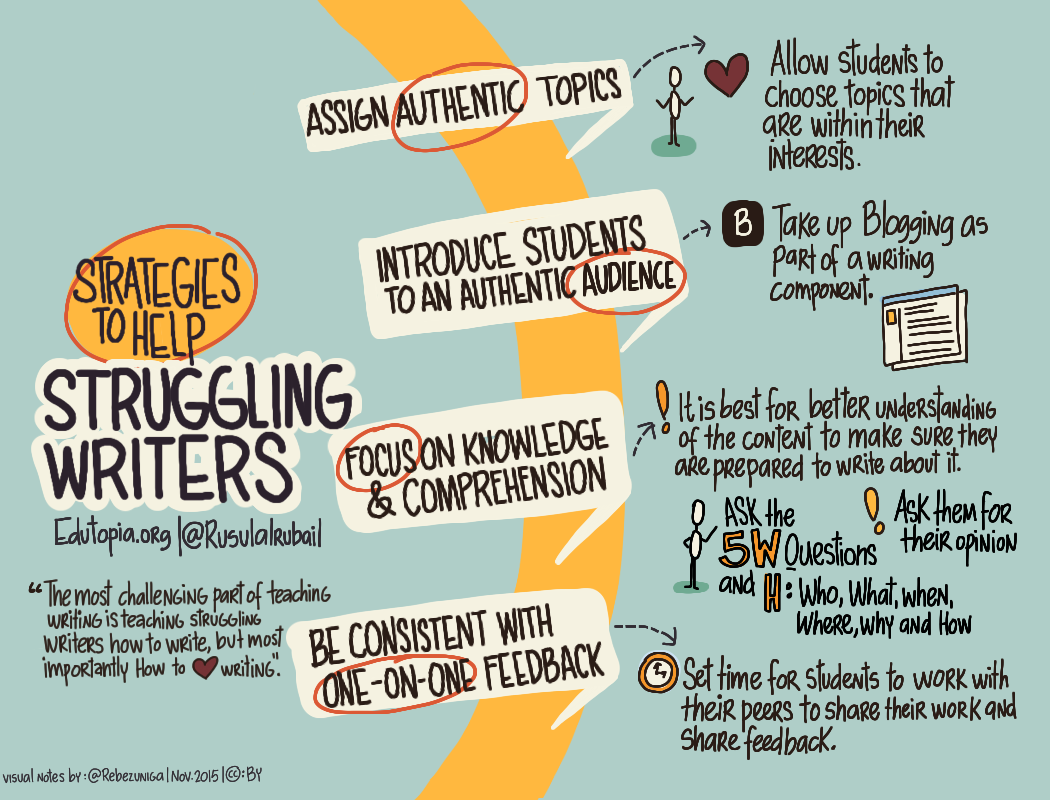Dr. Maryellen Weimer has posted a terrific message on her blog about critical self-reflection. She writes, "When are you going to retire?” “Why are you still working?” These are questions I’m asked regularly. Worried that the question is motivated by signs of diminished mental acuity, I scour old and new writings looking for evidence. Should I stop working? I wonder. On a recent flight back to State College I sat next to a Penn State student, a junior accounting and finance major. She sounded like one of those students we’re only too happy to have in class. She talked about her courses, projects, assignments she was working on, her teachers, and how excited she was about her chosen fields. “And what do you do?” she asked. “Oh, I work for you,” I replied. “How so?” “Well, I work with college profs on ways to teach that help students learn.” “I’ve had quite a few teachers who could use your help,” she observed. “You know, a good teacher makes such a difference for students. I have this accounting prof who is just fantastic. I leave his class and I am so motivated. I do homework for that class first and I really study for his exams, and not just for the grade; I really want to learn the material.” “What’s his name?” I asked, and when she told me I felt a big smile crossing my face. “I know him! I helped him when he was a brand-new prof.” I didn’t tell her that he wasn’t a very good teacher back then. But I remember his commitment to doing better, his openness to suggestions, and his willingness to learn. And now he’s having this kind of impact on a student! I wish I’d had a glass of wine—a toast seemed so in order." Continue reading.
Love this graphic from Edutopia. It gets to the heart of learning experiences that focus on good writing.

HOW AM I GOING TO USE THIS IN REAL LIFE
The Idea Center offers us clear examples of how and why we should make our learning experiences relevant for our students. "There are many reasons for incorporating real-life situations into instruction. Foremost are that applications of theoretical material in real-life situations make content easier to understand, and that the relevance of content is demonstrated by real-life examples. Relevance is a major component of many motivational models (1, 2) and particularly important if learners’ experiences can be used as a basis for new learning. Recent literature on brain function and learning (3, 4) reinforces a constructivist view in which existing knowledge forms the foundation for incorporating new information into more complex and sophisticated schemas. Thus, if prior experience can be connected to new material in a meaningful way, that material can be more clearly understood and more easily learned." Continue reading.